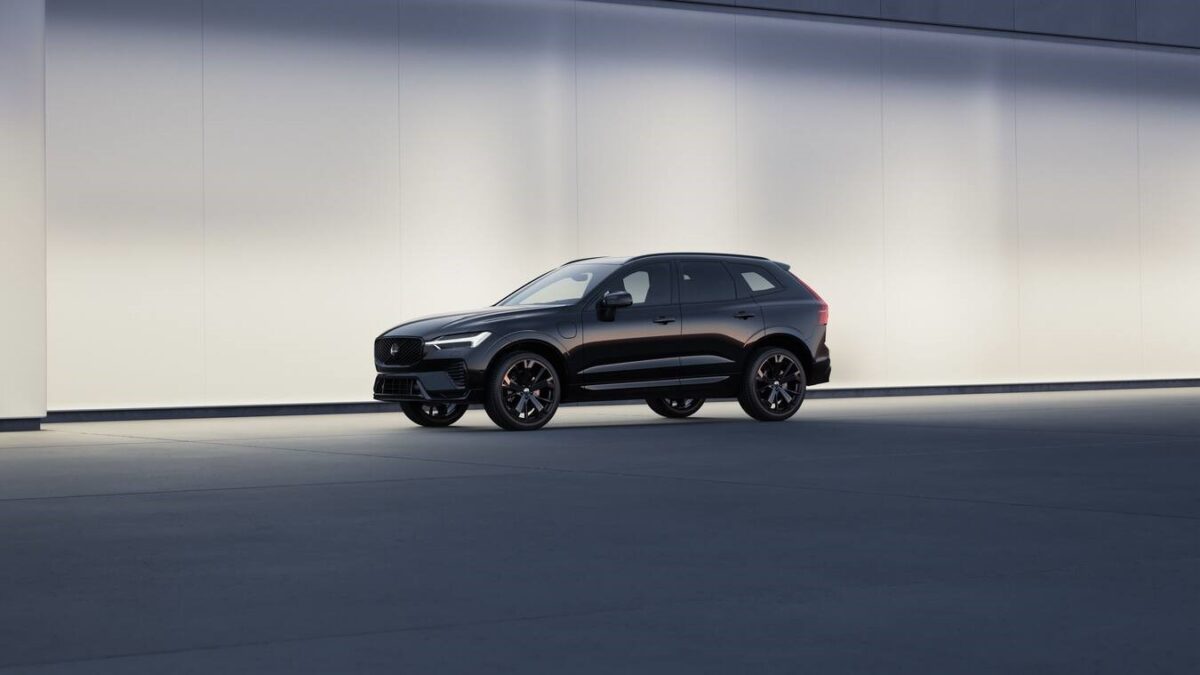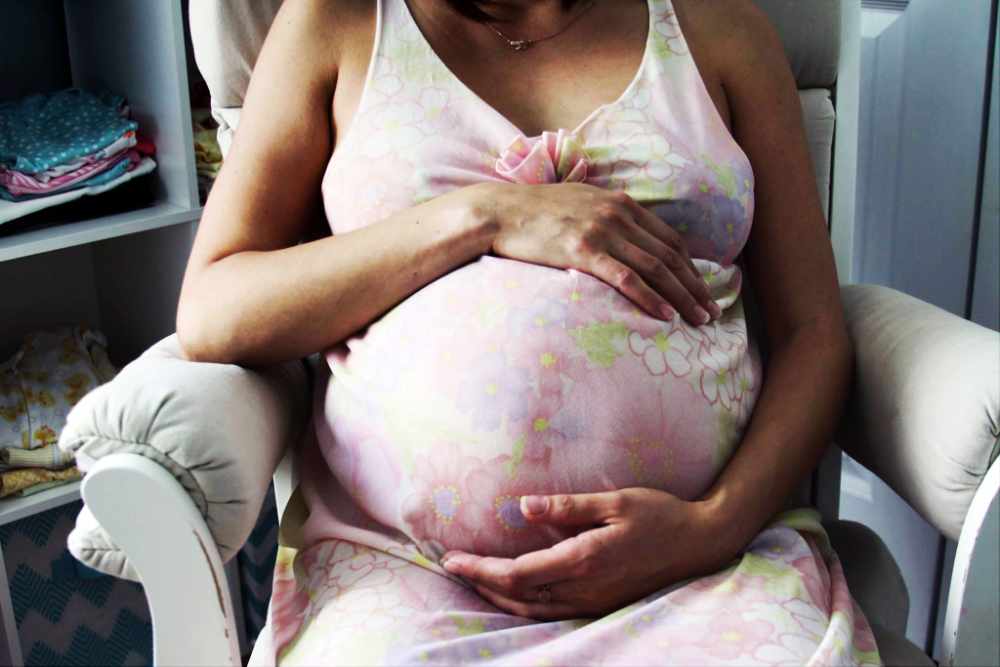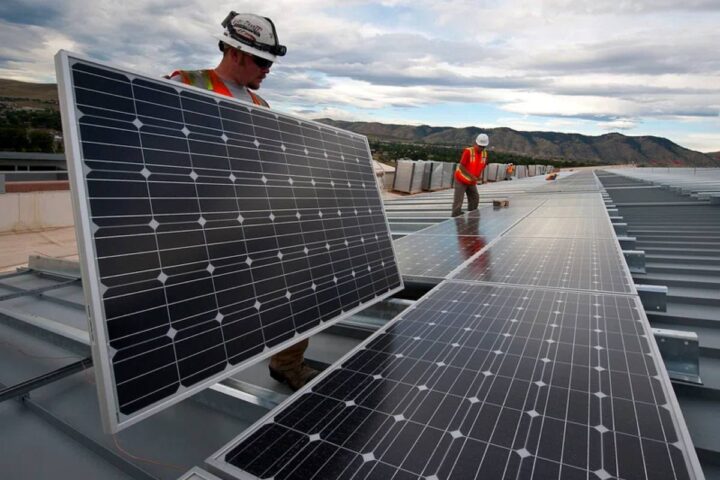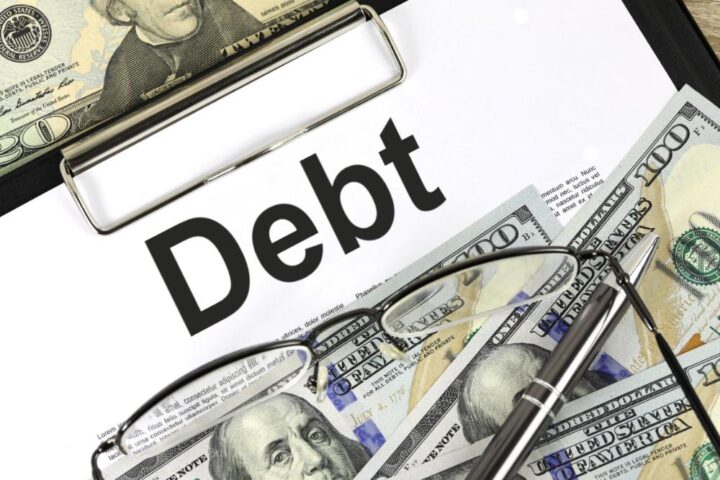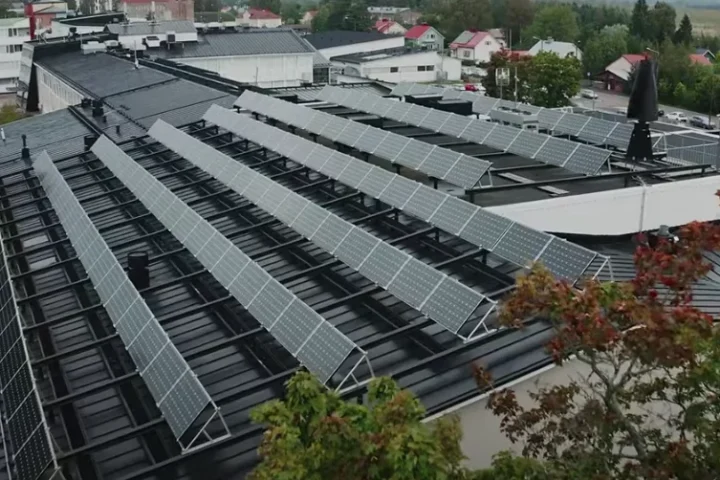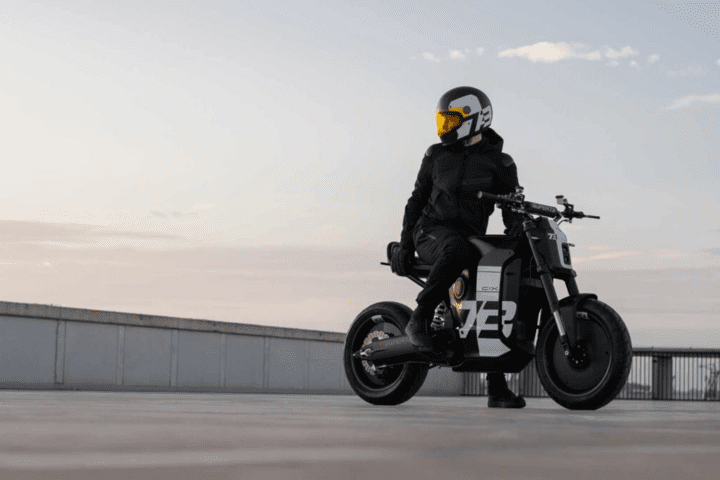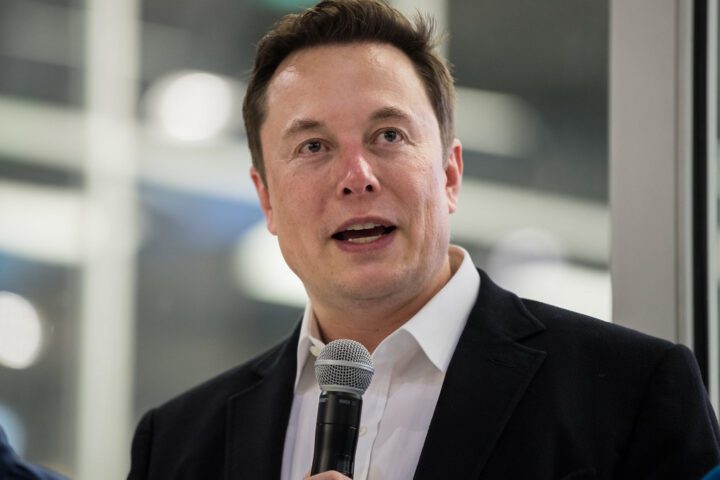Volvo Cars reported global sales of 48,029 vehicles in August 2025, marking a 9% decrease compared to the same month last year. This continues a troubling trend for the Swedish automaker, representing the sixth consecutive monthly decline since March 2025.
The company’s fully electric vehicle (BEV) sales took an even harder hit, plummeting by 28% to 9,604 units. This sharp decline in BEVs contributed significantly to Volvo’s overall sales drop, with electrified models as a whole (including plug-in hybrids) falling 17% compared to August 2024.
“Demand remains under pressure from the macroeconomic environment, tariff-related uncertainties and tougher competition,” said Hakan Samuelsson, Volvo’s CEO, who recently took over leadership amid the sales crisis.
While fully electric vehicles now represent 20% of Volvo’s total sales, plug-in hybrids have shown more resilience with a smaller decline of 4%, accounting for 23% of August sales. Combined, electrified models made up 43% of Volvo’s total volume.
The company’s year-to-date performance shows a similar pattern, with total global sales down 10% at 451,082 vehicles. BEV sales for the first eight months of 2025 have fallen 24% to 90,326 units, while plug-in hybrid sales remained relatively stable with just a 1% decrease.
Similar Posts
The XC60 remains Volvo’s best-selling model with 17,366 units sold in August, followed by the XC40/EX40 with 9,404 sales and the XC90 with 7,246 units.
This sales slump follows what had been a record-breaking 2024 for Volvo, when the company achieved all-time highs in both revenue (SEK 400.2 billion) and core operating profit (SEK 27 billion).
In response to these challenges, Volvo has implemented a turnaround plan that includes 3,000 layoffs and a renewed focus on producing vehicles better suited to specific markets. The company has also abandoned its ambitious goal of becoming fully electric by 2030, now targeting an electrification rate of 90-100% by that date, allowing for some continued production of mild hybrid vehicles.
Tariffs have significantly impacted Volvo’s strategy, particularly for models like the EX30 crossover. Originally manufactured in China, increased import tariffs in both the United States and European Union severely affected its competitiveness. Volvo has since shifted production to Belgium to mitigate these challenges.
The company expects its full turnaround to show results in 2026, but anticipates 2025 will remain difficult with continued market volatility and pricing pressures.
